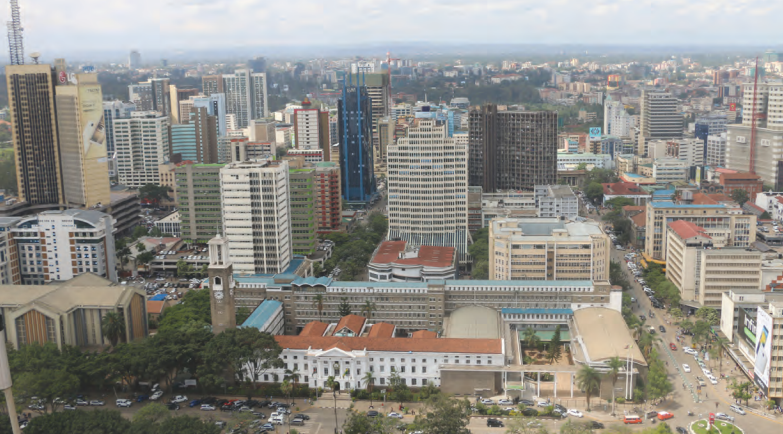The Nairobi International Financial Centre (NIFC) is described by civil society as Africa’s newest tax haven, based in Nairobi and signed into law by the president on 21 July 2017.
Civil society organizations are concerned that Nairobi’s IFC will facilitate tax dodging by companies and individuals in Kenya and worldwide, driving the global race to the bottom in taxation. 170 Tax Justice Network-Africa (TJNA) are concerned that the NIFC will result in large corporations paying zero or low taxes and could be used to launder money. Jared Maranga, Policy Lead of the tax and investment programme at TJNA, said:
‘[The NIFC] will undermine the raising of revenues domestically, making Kenya a financial secrecy jurisdiction and is subject to abuse given that neither the regulations nor the incentives have been indicated … oversight of the companies will also be difficult since the proposed law will be centred on the president.’ (March 2017)1
A steering council led by the president and his deputy, as well as an oversight authority headed by an appointee of the president, Treasury, and Cabinet secretaries, is to be created. The NIFC law is superior to any other financial law, which could bring unfair treatment and make companies in the financial centres beyond reproach.
The NIFC has been modelled on the Qatar Financial Centre, where companies pay no withholding taxes, enjoy highly slashed/no corporate tax rates, and pay no tax on capital gains. It runs the risk of encouraging more profit shifting out of Kenya, and the continent as a whole, depriving the country of vital revenues to invest in quality public healthcare and education services. It is also another step towards the development of a network of tax havens across Africa and its near neighbours for a wealthy elite to exploit for tax abuse and criminal activity.
Story by British nonprofit Oxfam



